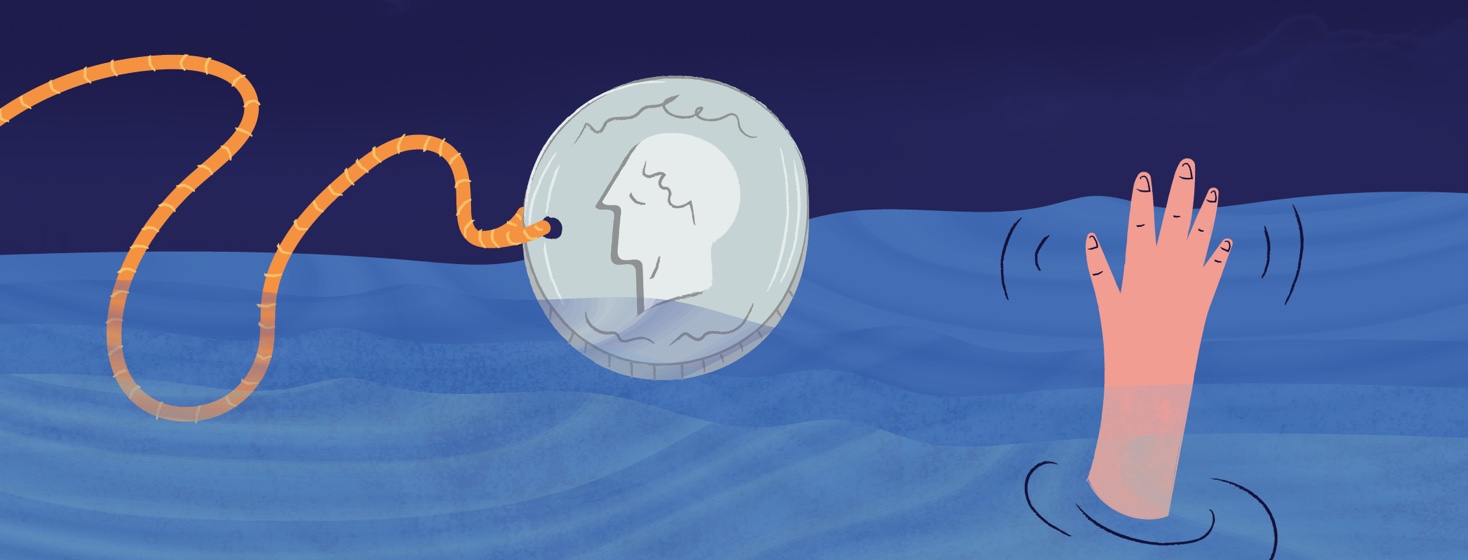Tips on Paying for Care
People living with sickle cell disease (SCD) face high healthcare costs because of treatments and hospital visits. Health insurance plans may not cover all medical costs. These deductibles, copayments, and other out-of-pocket medical costs can be expensive.
Many national and local organizations provide financial assistance to people with SCD. Some programs help pay for medical costs, while others help with everyday non-medical costs. Talk to your doctor or insurance company, or contact a payment assistance program, for help in applying to these programs.
Finding programs that help pay medical bills
Many programs offer help with paying medical bills for people with SCD. These programs usually add to health insurance coverage through Medicare or Medicaid. Assistance from these programs can help pay deductibles, co-pays, and other costs that are not covered by an insurance plan. Here are some examples of programs that help pay for healthcare:
Patient Access Network (PAN) Foundation
The PAN foundation helps people with chronic diseases get medicine and treatments by assisting with out-of-pocket costs. Recently, the foundation opened an assistance program for people with SCD. Those who qualify receive $4,000 per year to help pay for medical bills.1,2
Sickle Cell Foundation
The Sickle Cell Foundation provides public education, support groups, financial assistance, and other services to help people with SCD. Some services the foundation provides include:3
- Paying for prescription drugs for people who cannot afford them
- Providing transportation to doctor and ER visits
- Providing limited financial assistance for everyday costs
HealthWell Foundation
The HealthWell Foundation helps Americans pay for healthcare. It recently launched a program to help people living with SCD pay for prescription drugs. The foundation’s annual funds can help pay for insurance premiums, copayments, and other costs.4
Other programs
There are also state and local health centers that provide financial assistance. Talk to your doctor, insurance provider, or other people familiar with payment assistance programs for help finding a program. There are also online resources that compile payment assistance programs.5,6
How to know if you are eligible for assistance
The specific eligibility requirements for each program vary, but in general you must:2
- Receive treatment for SCD in the United States
- Have health insurance (from a private company, Medicare, or Medicaid) that covers your medicine
- Have an income within their guidelines, usually based on the federal poverty line
Even if you do not have health insurance, these programs may be able to help. For example, they can refer you to drug manufacturer payment assistance programs. Many pharmaceutical companies also have programs to reduce costs of medicines.
Applying for financial assistance
The best way to find if you are eligible for certain programs is to try to apply by contacting the organization. It may be helpful to have a caregiver or advocate contact them on your behalf. The organization can help you compile the materials needed to show that you are eligible. This may include:
- Proof of your financial need
- Your health insurance information
- Doctor’s note signifying you are being treated for SCD
If their program is closed or you are not eligible, ask them if they can refer you to another program. If the program is closed now, it may reopen later. Many of these programs rely on donations and have to close and reopen applications depending on their funding.

Join the conversation